Symantec profits surge as firms prop up their cyber defences
The company also announced plans to sell its web certificate business
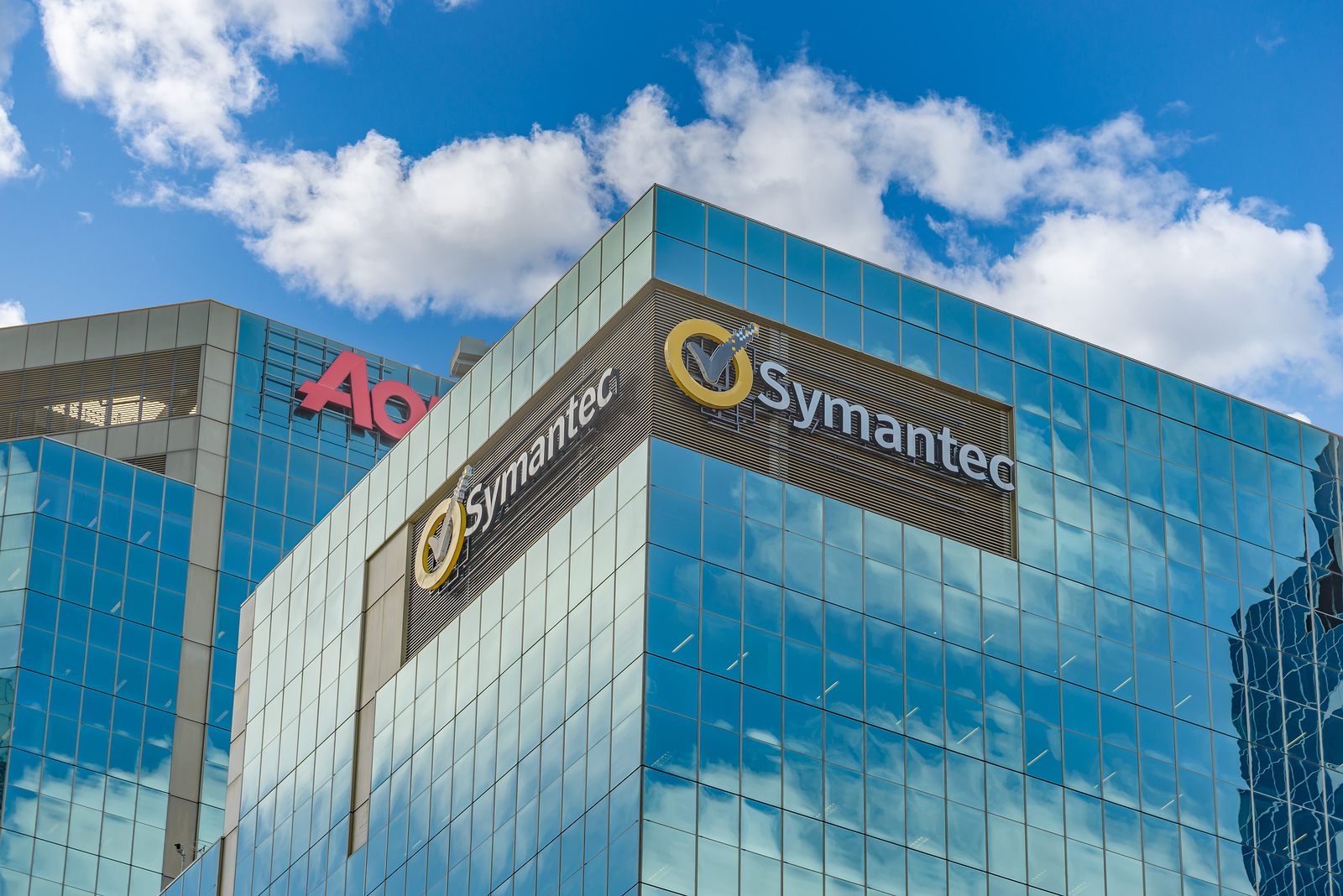
Symantec is on track to beat its revenue estimates for the year after seeing a surge in demand from organisations looking to shore up their defences against cyber attacks.
Shares in the Norton anti-virus provider rose 2.5% to $32 in after hours trading as revenue in its enterprise security unit reached $646 million, a 34% rise for Q1 of 2017, according to Reuters. As a result, the company has raised its full year revenue forecast above analyst estimates.
Given the recent increase in cyber attacks, the company has seen a surge in the number of businesses trying to build preventative measures. The WannaCry ransomware attack, which affected around 300,000 public and private organisations across the world, was almost immediately followed by a second ransomware attack through the Petya malware.
Symantec has also benefited from a number of worthwhile strategic decisions, including the purchase of cloud security firm Blue Coat and identity protection provider LifeLock in 2016.
The company reported revenue of $1.23 billion (930m) for the first quarter ending 30 June, a profit of 33 cents per share, 2 cents higher than had been previously expected by analysts. Revenue for the full year is now expected to exceed $5.16 billion (3.9 billion) , up from a $5.10 billion estimate.
Alongside the forecast, Symantec also confirmed it would be selling its website certification business to DigiCert for around $950 million, according to a Reuters report.
Symantec made the news in 2015 when it was forced to fire a number of employees after it was discovered counterfeit certificates had been issued without permission from the company. Although these could have been used to launch security attacks or scams, it is thought the certificates were removed in time before any damage was caused.
Get the ITPro daily newsletter
Sign up today and you will receive a free copy of our Future Focus 2025 report - the leading guidance on AI, cybersecurity and other IT challenges as per 700+ senior executives
Following the incident, Google demanded that Symantec take major steps in order to improve business practices in order to regain the trust of web browsers. However, earlier this year, citing repeated failures to comply with rules, Google once again issued warnings to the company, with rumours suggesting that the company had plans to distrust all Symantec certificates in August.
Dale Walker is a contributor specializing in cybersecurity, data protection, and IT regulations. He was the former managing editor at ITPro, as well as its sibling sites CloudPro and ChannelPro. He spent a number of years reporting for ITPro from numerous domestic and international events, including IBM, Red Hat, Google, and has been a regular reporter for Microsoft's various yearly showcases, including Ignite.
-
 Should AI PCs be part of your next hardware refresh?
Should AI PCs be part of your next hardware refresh?AI PCs are fast becoming a business staple and a surefire way to future-proof your business
By Bobby Hellard Published
-
 Westcon-Comstor and Vectra AI launch brace of new channel initiatives
Westcon-Comstor and Vectra AI launch brace of new channel initiativesNews Westcon-Comstor and Vectra AI have announced the launch of two new channel growth initiatives focused on the managed security service provider (MSSP) space and AWS Marketplace.
By Daniel Todd Published
-
 Power stations under attack from long-running hacking campaign
Power stations under attack from long-running hacking campaignNews Dragonfly threat group is ramping up activities, say researchers
By Adam Shepherd Published
-
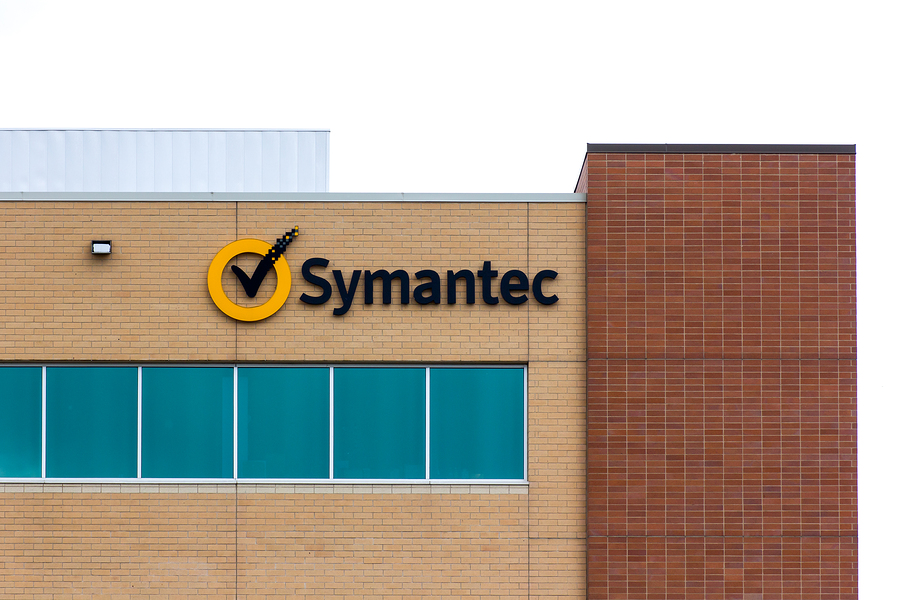 Symantec to pay $4.65 billion to acquire Blue Coat
Symantec to pay $4.65 billion to acquire Blue CoatNews Greg Clark to become Symantec CEO, promising new cloud security
By Aaron Lee Published
-
 Symantec ditches reseller guilty of scamming PC users
Symantec ditches reseller guilty of scamming PC usersNews Silurian told people they had malware, then sold them Norton Antivirus for $249
By Joe Curtis Published
-
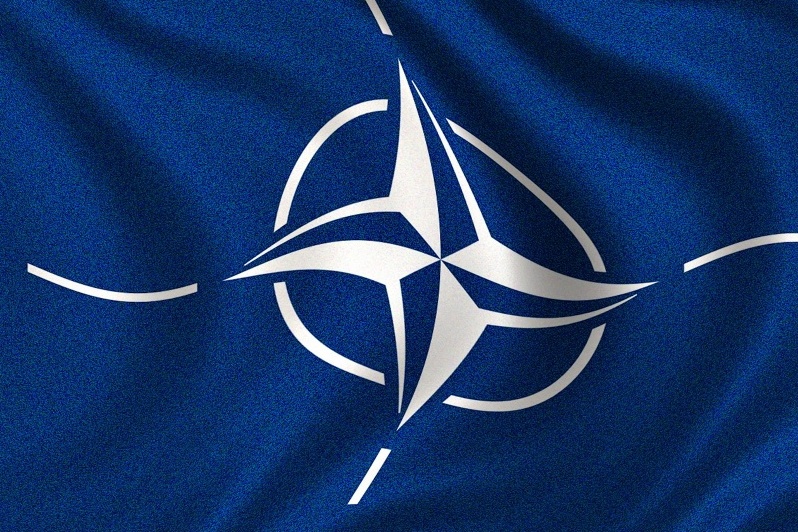 NATO builds up cyber alliance with Symantec tie-in
NATO builds up cyber alliance with Symantec tie-inNews Military industrial link up to fight cyber attacks
By Rene Millman Published
-
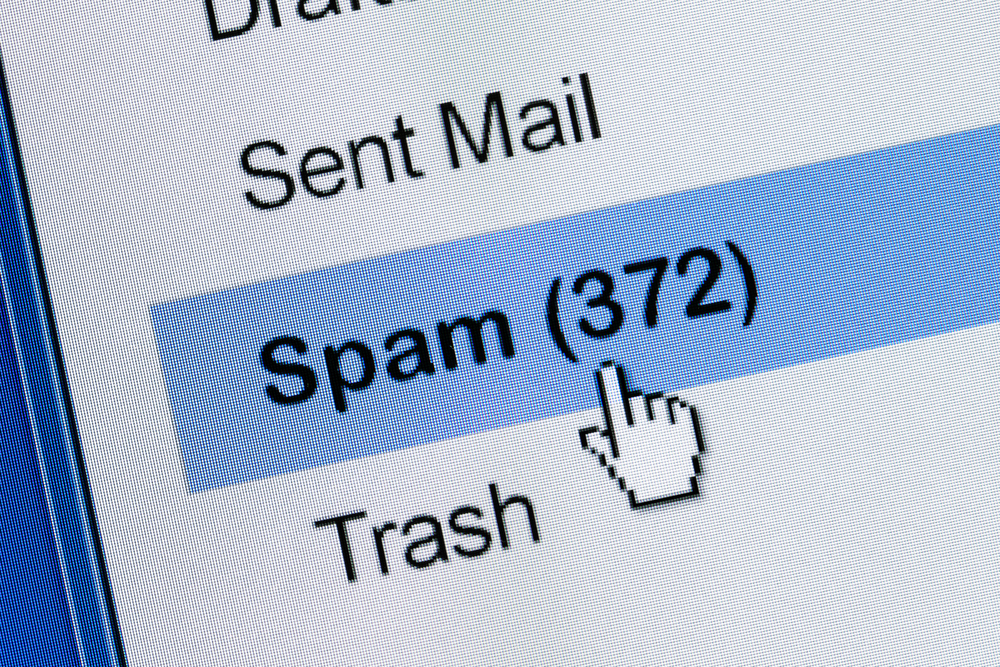 Junk emails fall to their lowest rate in 12 years
Junk emails fall to their lowest rate in 12 yearsNews Spam is dropping, says Symantec, but other malware threats are on the rise
By Joe Curtis Published
-
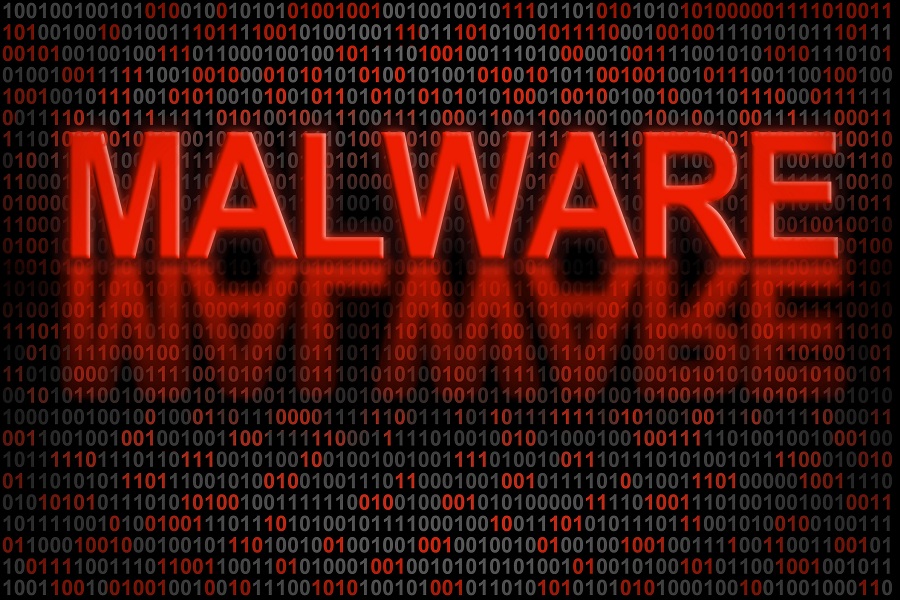 Kaspersky: "We have never been asked to whitelist malware"
Kaspersky: "We have never been asked to whitelist malware"News A company blog has revealed neither government nor any other entity has asked it to stop detecting malware
By Clare Hopping Published
-
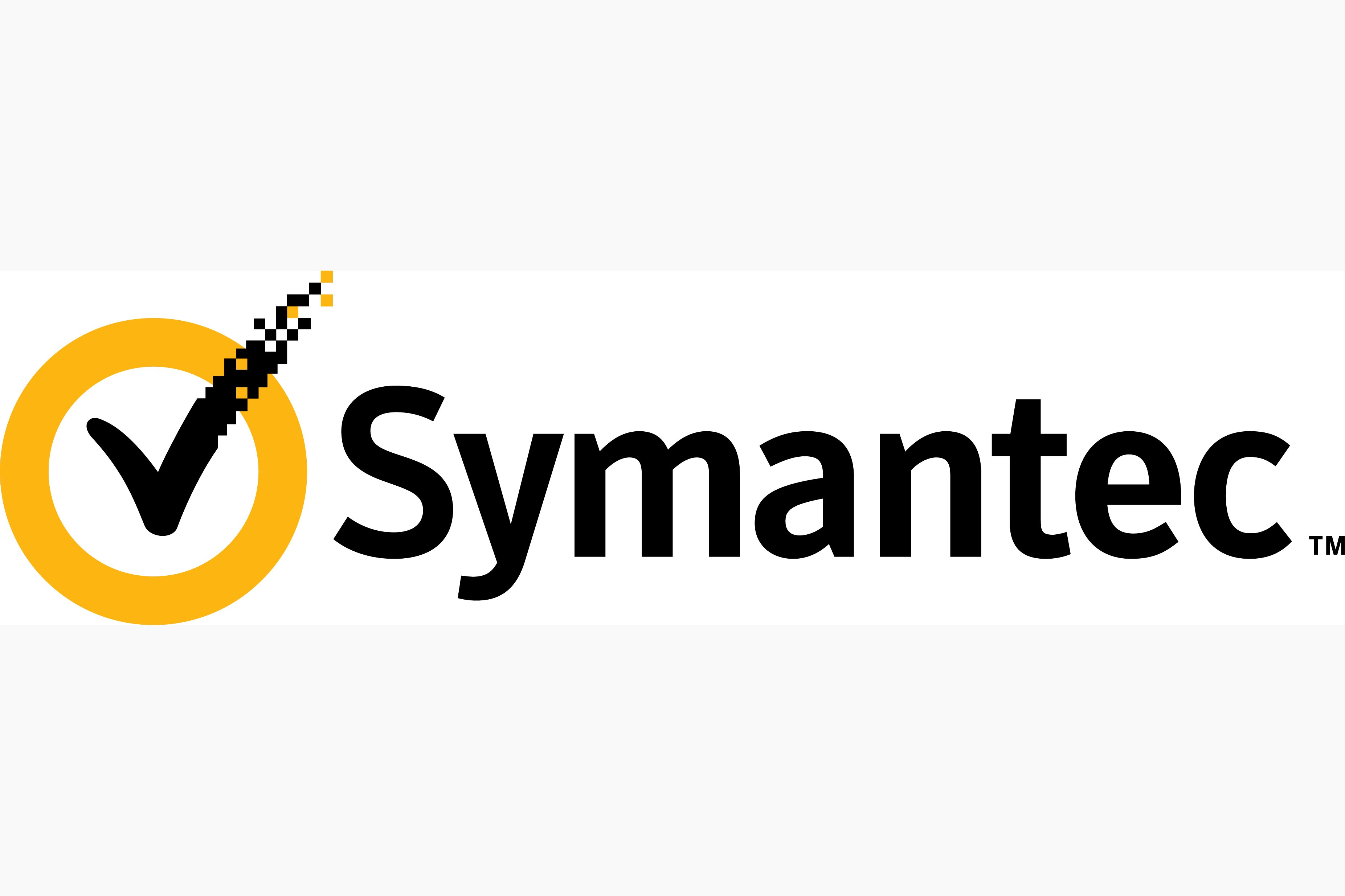 Symantec confirms split into separate security & storage entities
Symantec confirms split into separate security & storage entitiesNews Storage and security will be separated as Symantec tries to boost sales in both
By Adam Lee Published
-
 Symantec: “Anti-virus software is no moneymaker"
Symantec: “Anti-virus software is no moneymaker"News Norton designers claim anti-virus is ineffective in the modern security climate
By Alex Hamilton Published